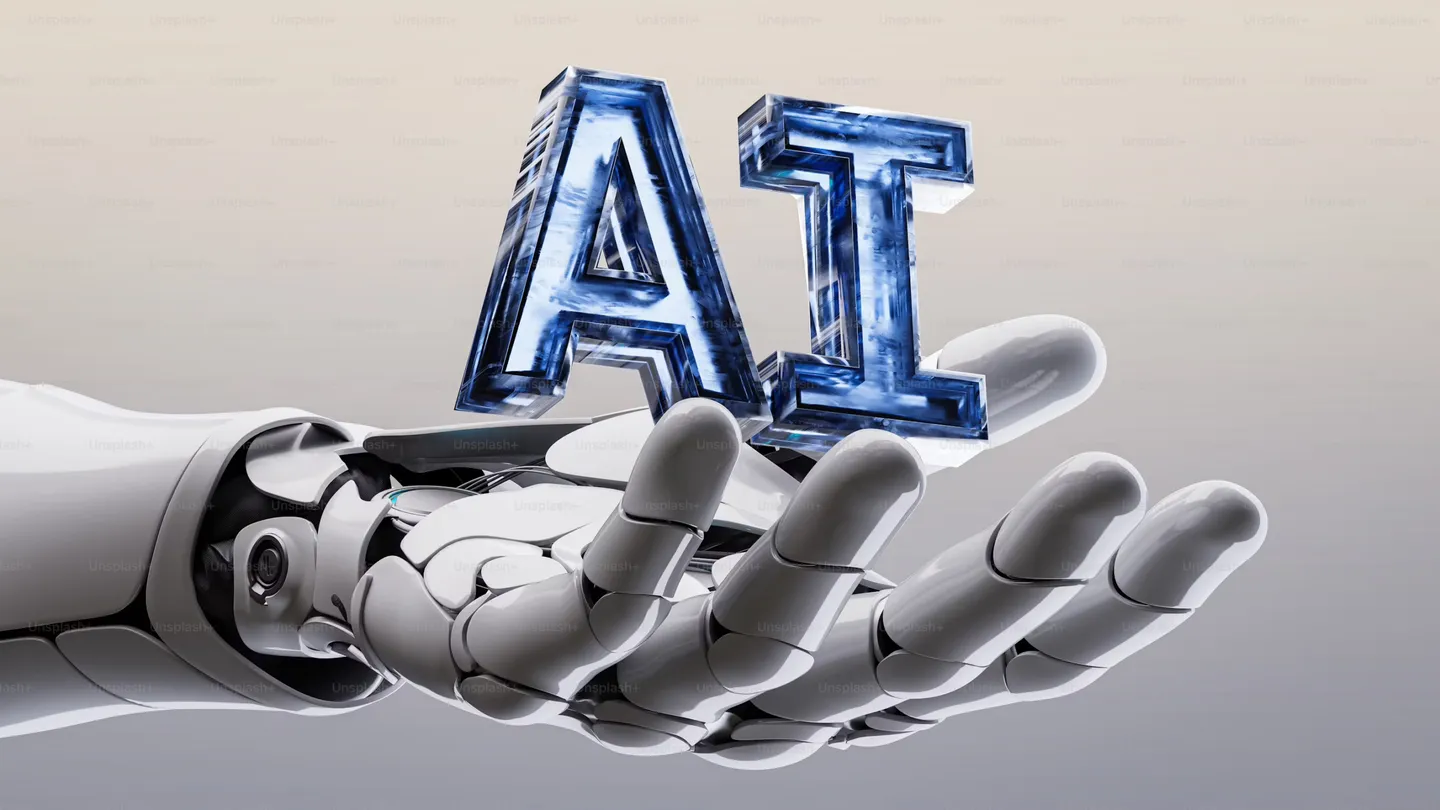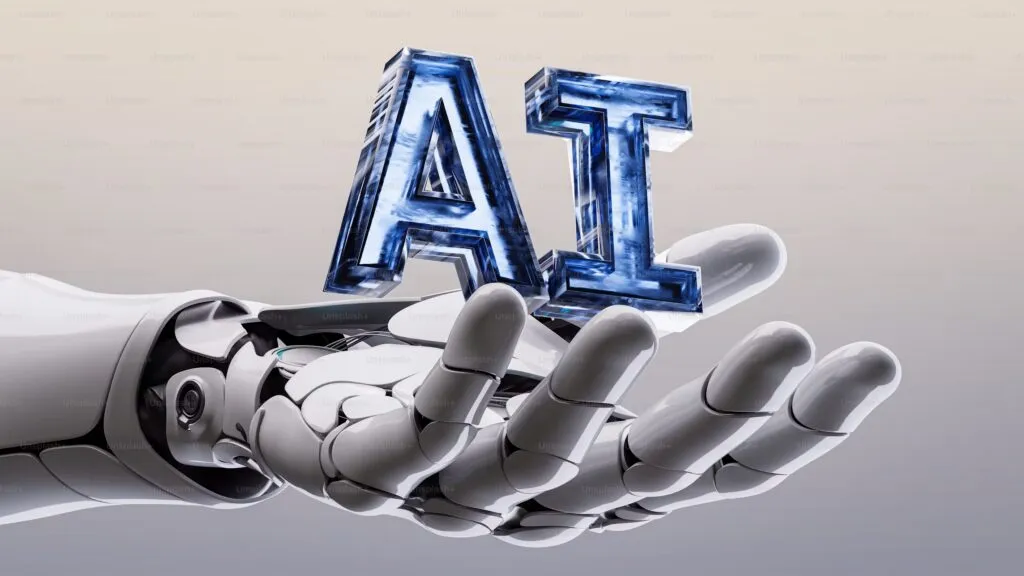Is AI Regulation Coming? Insights from the Latest Global Summit

The rapid advancements in artificial intelligence (AI) have sparked debates across industries, governments, and the public sphere.
At the latest Global AI Summit, leaders from technology, policy, and academia convened to discuss the urgent need for regulating AI and its implications for society. Here are the key takeaways from this pivotal event:
The Growing Need for AI Regulation
AI technologies are becoming increasingly integrated into everyday life, from healthcare and finance to entertainment and law enforcement. While the benefits are undeniable, concerns about misuse, bias, and ethical violations are mounting. At the summit, experts highlighted recent incidents where AI tools perpetuated discrimination, infringed on privacy, or posed risks to public safety.
Governments worldwide are recognizing the need to establish frameworks that ensure AI’s responsible development and use. The summit’s keynote speaker, a prominent policymaker, emphasized that unregulated AI could lead to unintended consequences, such as widespread misinformation or exacerbation of social inequalities.
Global Collaboration is Essential
A recurring theme at the summit was the necessity for international cooperation. AI does not adhere to borders, and its impact is global. Attendees argued that a patchwork of regulations across countries could create loopholes, enabling bad actors to exploit less restrictive jurisdictions.
Organizations like the United Nations and the European Union are already taking steps toward global standards. The EU’s AI Act, for instance, was frequently cited as a benchmark for balancing innovation and regulation. However, participants stressed the importance of involving emerging economies in these discussions to ensure equitable AI governance.

Key Principles for AI Regulation
The summit produced a consensus on several guiding principles for AI regulation:
- Transparency: AI systems should be transparent in their decision-making processes, allowing users to understand and challenge outcomes.
- Accountability: Developers and organizations deploying AI must be held accountable for the technology’s impact.
- Ethical Use: AI should be designed and used in ways that respect human rights and societal values.
- Security: Regulations must address vulnerabilities that could lead to malicious exploitation of AI systems.
- Inclusivity: Efforts should prioritize reducing bias and ensuring AI benefits all demographics.
Industry Leaders Push for Self-Regulation
Tech companies, represented heavily at the summit, advocated for a collaborative approach rather than heavy-handed government intervention. They argued that self-regulation, combined with oversight by independent bodies, could foster innovation while addressing risks. Some tech leaders announced initiatives to implement ethical guidelines and increase transparency in their AI projects.
Challenges Ahead
Despite the optimism, challenges remain. Achieving global consensus on regulations is a daunting task, given varying political and economic interests. Additionally, striking the right balance between fostering innovation and ensuring safety continues to be a complex issue.
Concerns about stifling innovation were particularly pronounced among startups and smaller tech firms, which fear that overly strict regulations could limit their competitiveness against larger corporations with greater resources.
The Path Forward
The Global AI Summit underscored the urgency of addressing AI’s regulatory gaps while maintaining a forward-looking approach. As governments and organizations collaborate to shape the future of AI governance, it is crucial to ensure that regulations are flexible enough to evolve alongside technology.
AI regulation is not just about mitigating risks but also about unlocking the full potential of AI to benefit humanity. With the momentum generated by this summit, the groundwork for a more responsible and inclusive AI-driven future has been laid.


